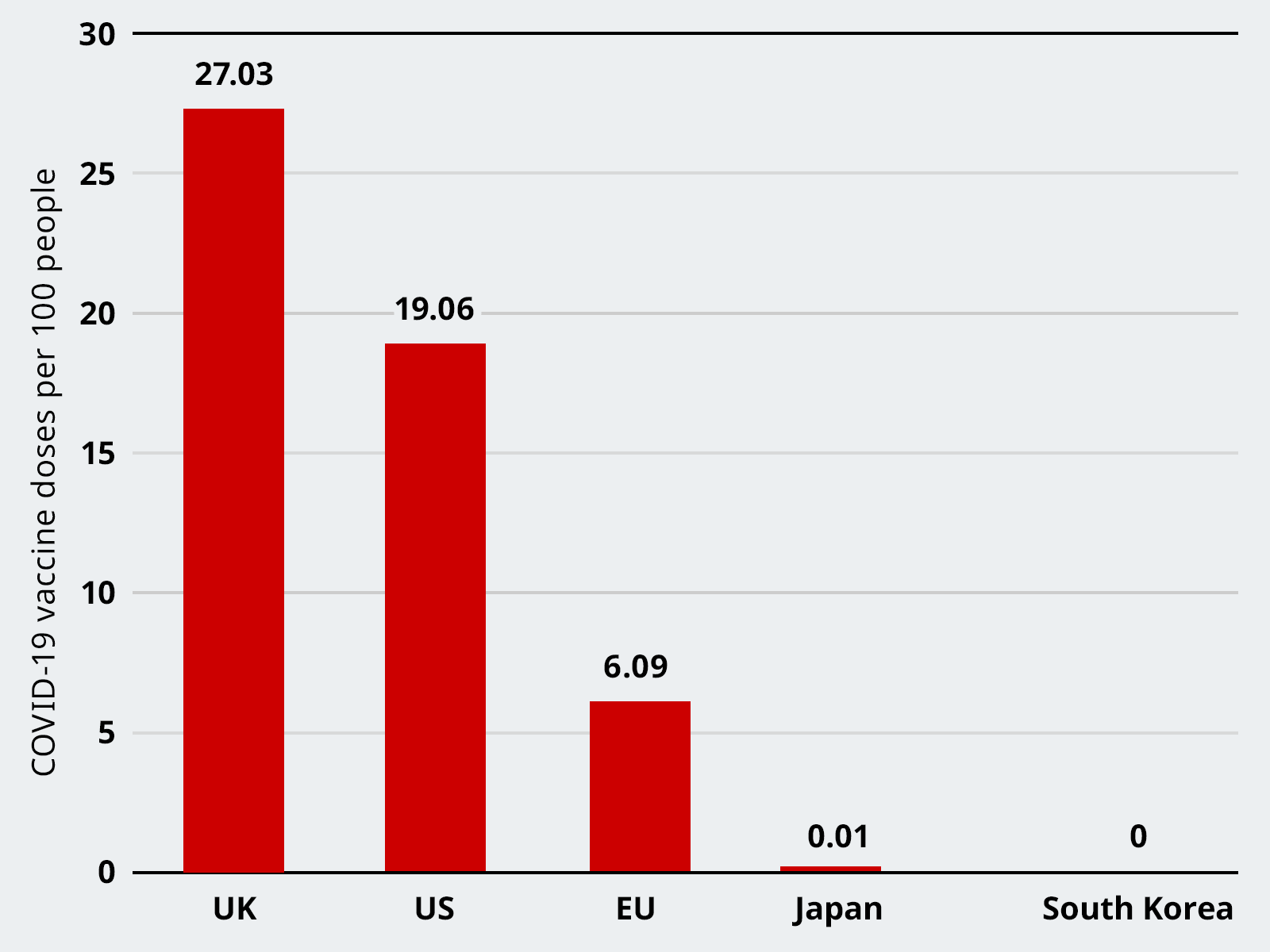| Welcome to the latest issue of Diplomat Brief. This week our top story looks at the continuing strength of India’s farmer protests, now entering their fourth month. We also have an interview with John Burgess, author of Angkor’s Temples in the Modern Era: War, Pride and Tourist Dollars, on Angkor Wat’s tumultuous journey through the modern era, from the dawn of French imperialism through the abyss of war and genocide, to the mass tourism of the present day. |
| Story of the week |  | POLITICS The Future of India’s Farmer ProtestsWhat Happened: Indian farmers, largely from Punjab and Haryana, have been protesting outside Delhi since November, demanding the repeal of agricultural reform laws. A “tractor parade” on India’s Republic Day, January 26, spiraled into violence, and was followed by a crackdown from authorities. But after the uncertainty of late January, the protesters have come back stronger than ever. Our Focus: “The movement slowed down only for a day or two after the January 26 incident,” one medical volunteer told The Diplomat. “However, now the movement has augmented, and one can see more people taking part than before. Women and children have also returned to the grounds.” What Comes Next: Even as the authorities tightened their control, filing legal suits against activists and journalists and even shutting down the internet in some places, the farmers remain committed to their cause. Having survived the harsh Delhi winter, they are now digging in for the summer months. Read this story |
| Behind the News | INTERVIEW John BurgessJohn Burgess, author of Angkor's Temples in the Modern Era: War, Pride and Tourist Dollars, on how Angkor Wat became central to Cambodian nationalism: “The French made Angkor central to their narrative justifying colonial control… In the 20th century, more genuine kinds of Cambodian nationalism began to emerge, foreseeing independence from France. Whether religious, revolutionary, or royal, these movements kept Angkor as their symbol of national greatness.” Read the interview |
| This Week in Asia | Northeast Asia Hong Kong’s Sinister Electoral ReformChinese officials signaled this week that Hong Kong should enact changes to make sure only “patriots” can serve in its legislature – likely spelling the end of the pro-democrat camp’s representation. That would formalize the end of the bloc’s political aspirations, following the mass arrests of pro-democracy politicians in January and the expulsion of legislators last November. Find out more | South Asia China Admits Deaths in Ladakh ClashAfter months of silence, the People’s Liberation Army finally admitted on February 19 that it had lost at least four soldiers in a clash with Indian troops in the Galwan Valley June last year, amid the Ladakh standoff showing concrete signs of resolution since earlier this month. However, both sides’ triumphant social and traditional media campaigns at this juncture have led many analysts to wonder about their import in fully resolving the standoff in the months ahead. Find out more | Southeast Asia The Pressure Rises in MyanmarMyanmar’s anti-coup protest movement is set to continue growing this week, after a massive nationwide strike took place on Monday, followed by a further day of demonstrations on Tuesday. With the junta issuing veiled threats of a violent crackdown, and international pressure on the military regime mounting, the situation appears to be coming to a head. Find out more | Central Asia Intra-Afghan Talks Resume, Uncertainty Reigns SupremeAfter more than a month hiatus, negotiators from the Taliban and the Afghan government have met again in Doha. Meanwhile, a pernicious framing has emerged, which suggests that Afghanistan “can either have women’s rights at the cost of peace, or peace at the cost of women’s rights.” It's not that simple, but Afghan women rightfully worry about losing what steps toward equality they have gained. Find out more |
| Word of the Week | SOCIETY バイトテロBaito tero: A Japanese neologism combining the words for a part-time job (baito) and terrorism (tero) to refer to a prank or malicious act by a temporary worker, such as sneaking bites of food at a restaurant or in some way misusing an employer's property – often with a post boasting about it on social media. Find out more |
|  |




![[object Object]](https://thediplomat.com/diplomat-brief/images/magazine/issue_75.jpg)